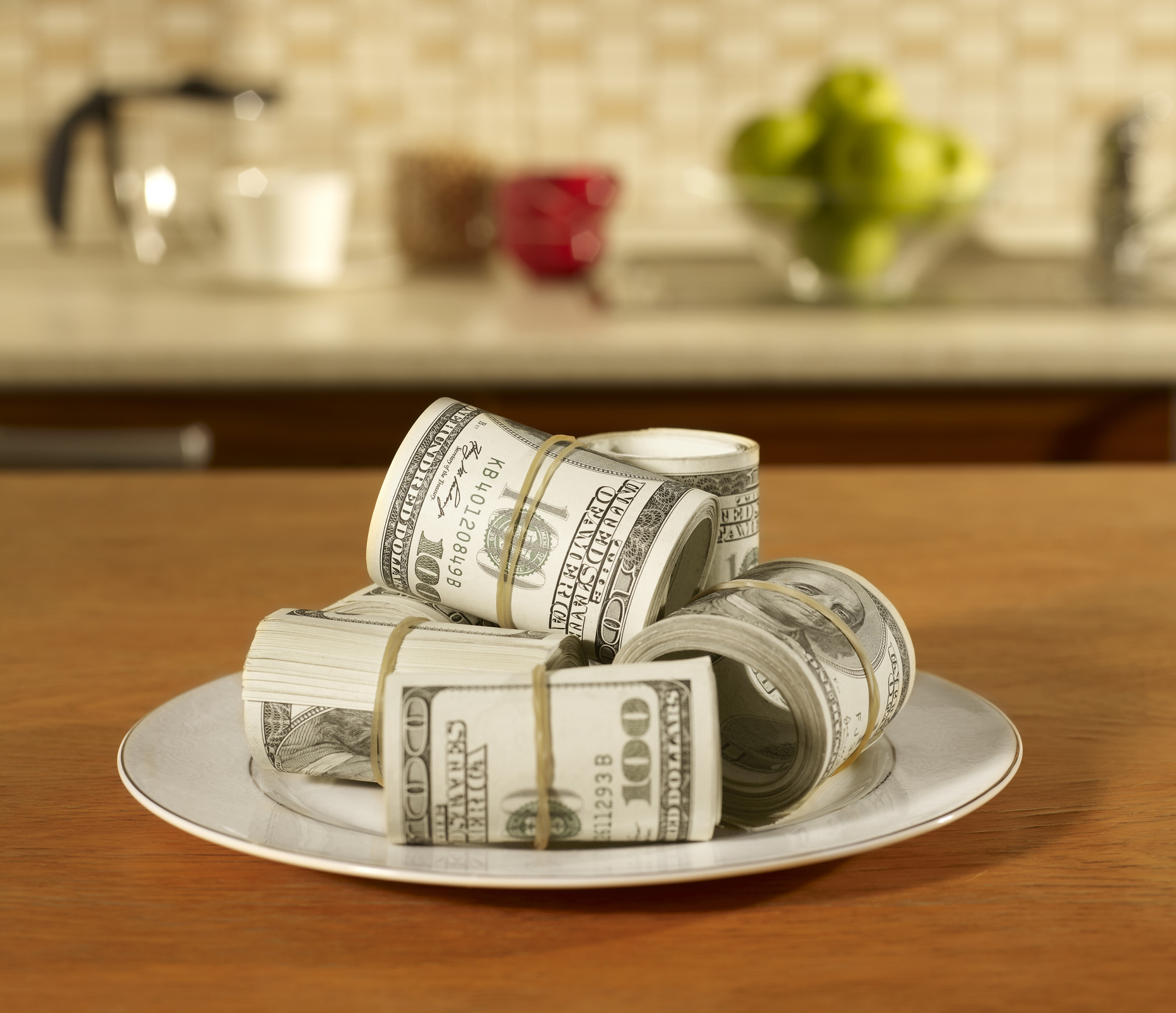
Some Virginia officials are exploring a potential new revenue stream by considering a “meals tax.” If approved, the tax would be levied on prepared foods and beverages sold in convenience stores, grocery stores, and restaurants.
Fairfax County supervisors Dalia Palchik, Jeff McKay, and Kathy Smith are leading this initiative. They argue that the revenue generated from the meals tax could support local schools, which they say have been underfunded by the Commonwealth. The tax could also reduce the county's reliance on real estate taxes.
According to Palchik (D-Providence), who represents the Tysons area of the county, early estimates indicate potential revenue from a 1% tax of $33 million.
Here’s more of what you need to know.
Virginia meals tax?
- The proposed meals tax would apply to prepared meals from various outlets, including grocery stores, restaurants, and convenience stores in Fairfax County.
- The Board of Supervisors has initiated a study to examine the benefits and drawbacks of implementing a tax of up to 6% (or as low as 1%) on these items.
Notably, the idea of taxing meals isn't new to Fairfax. In the past decade, voters rejected two attempts at a similar tax.
However, proponents of the tax argue that relying solely on property taxes burdens homeowners. A recent budget increased yearly property taxes for homeowners in the county by about 3%, an average of $450. Currently, the county gets about 66% of its revenue from property tax.
One supporter argues that surrounding areas like Prince William County have adopted similar taxes and that Fairfax County attracts visitors for dining who don’t contribute to the county’s funds. The idea is that a meals tax could help the county capture some of that money.
Another rationale for the tax is data showing that Virginia reportedly spends nearly $2,000 less per student than the national average, forcing county officials to spend millions more to support education.
However, the proposal has its critics. For example, supervisor Pat Herrity voted against the meals tax, arguing that residents have previously opposed such taxes (first in 1992 and most recently in 2016) and that the board should respect that fact. Herrity expressed concerns about adding another tax burden on local citizens.
“Residents have pretty strongly stated that this isn’t how they want to see us go,” Herrity (R-Springfield) said as the only “nay” vote.
Meanwhile, the County will proceed with research and public consultation to evaluate the meals tax proposal. A report is expected this fall.
Virginia budget deal
This discussion of revenue comes as Virginia lawmakers have recently agreed to a bipartisan budget that doesn’t contain tax increases or cuts. Gov. Glenn Youngkin had called for tax cuts last year, and Democratic lawmakers had proposed a digital sales tax — neither made it into this year’s budget.
Instead, the Virginia budget notably includes funding for a 3% salary increase for teachers and other state employees.







